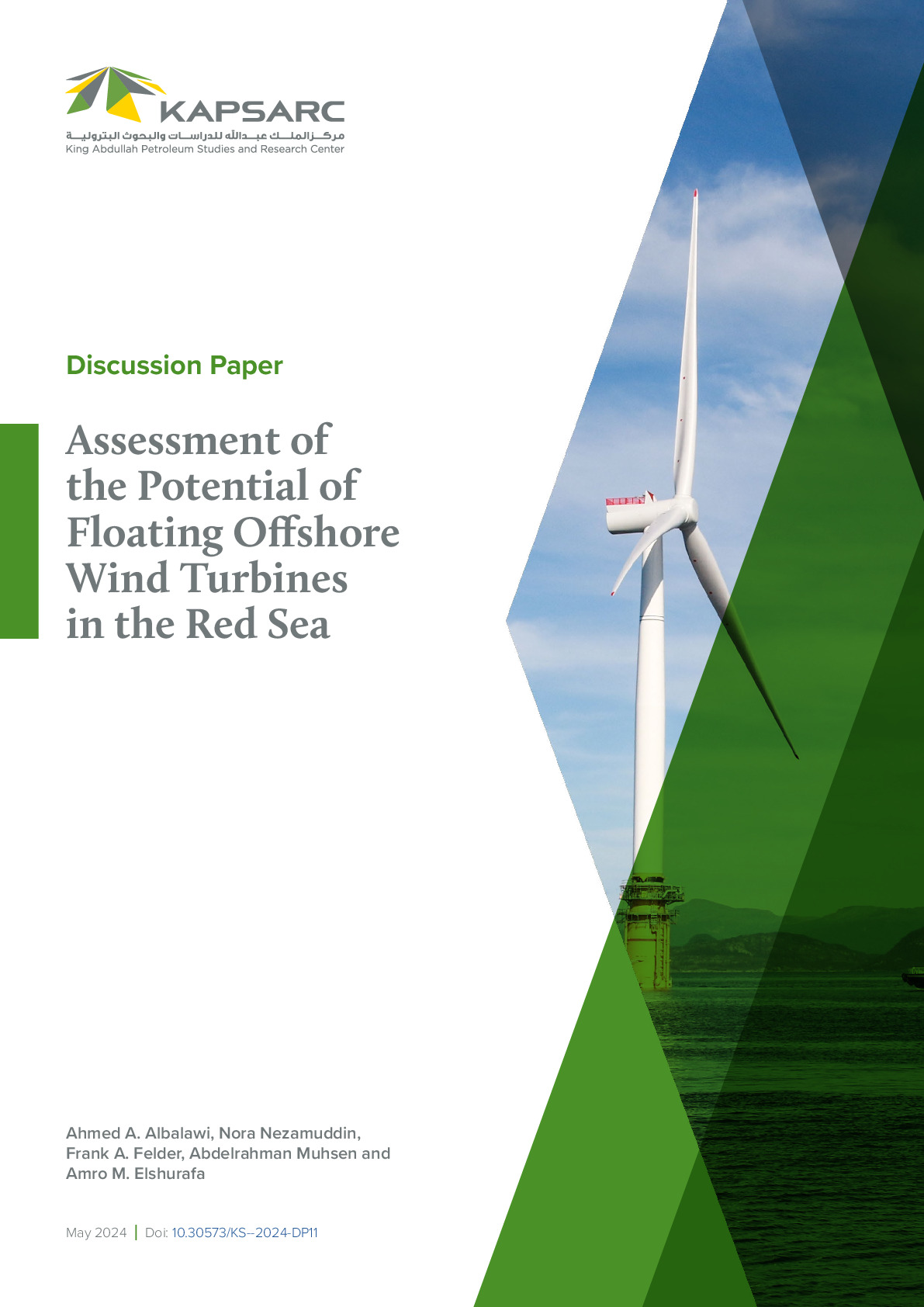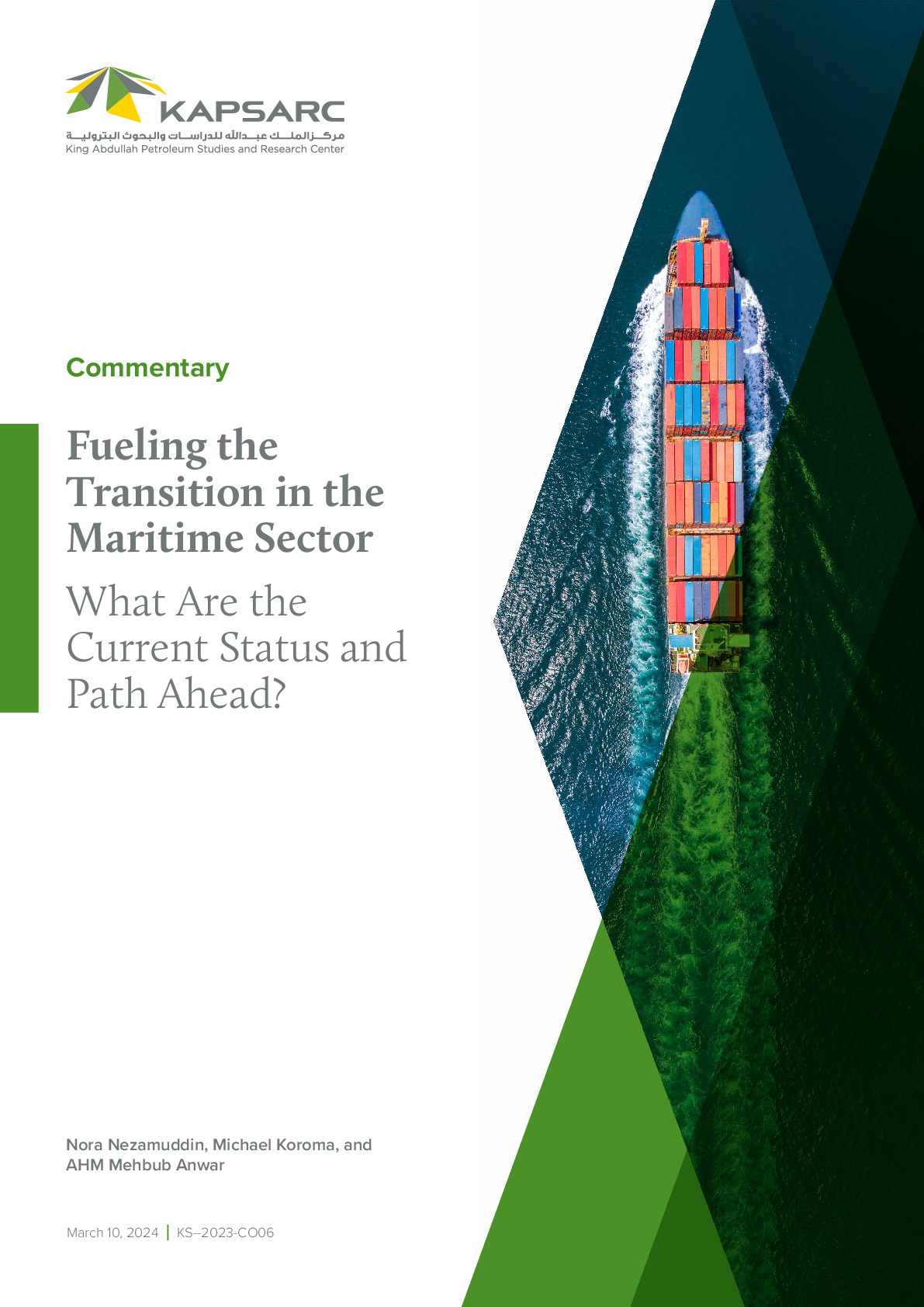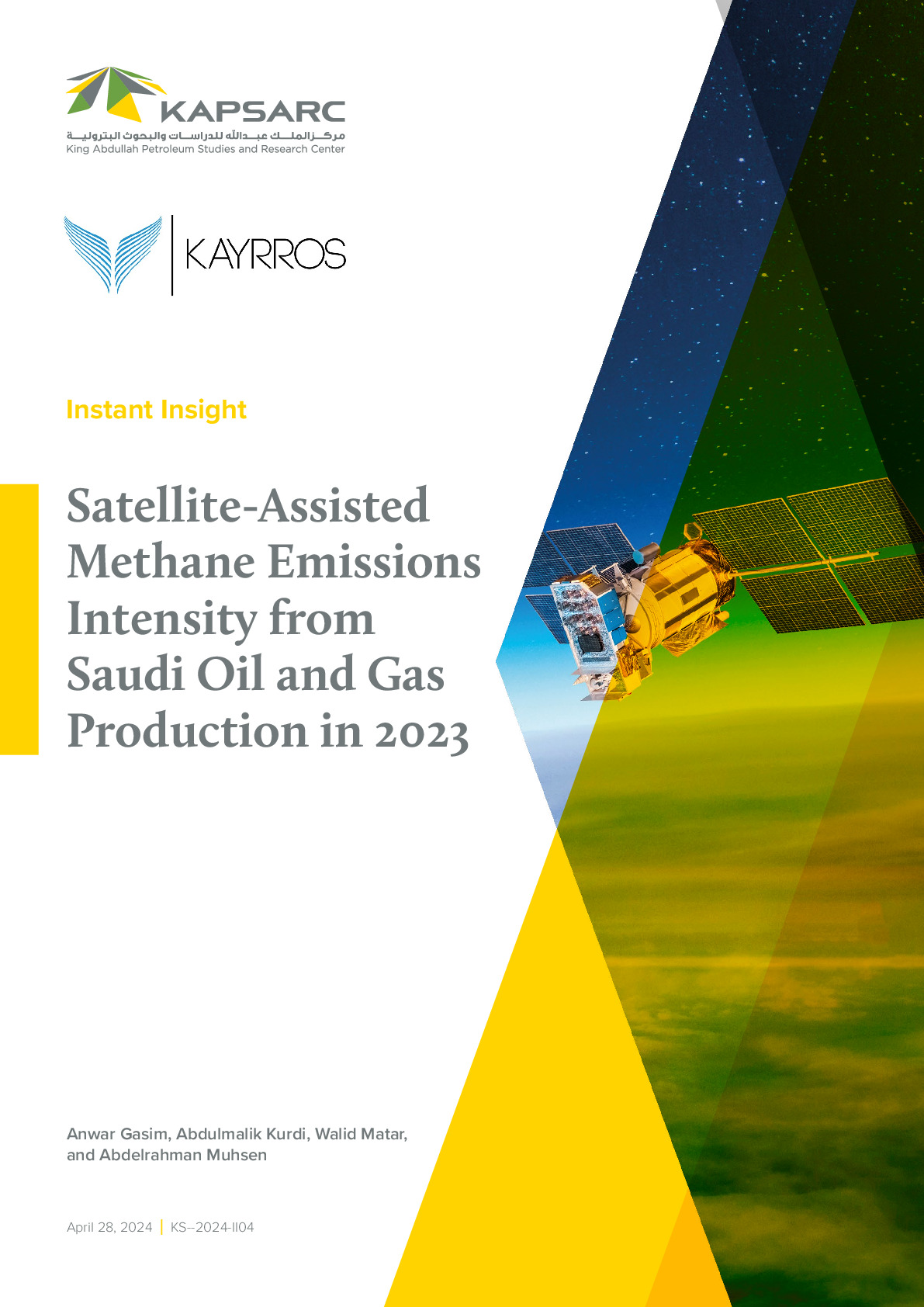Logistics and infrastructure policy will play key roles in Saudi Arabia’s economic diversification and reform efforts. This study provides a quantitative assessment of specific measures related to freight transport, taking into consideration the heterogeneity of urban, regional and inter-regional localities in Saudi Arabia. This paper, mirroring the global approach developed by the European Commission’s Joint Research Centre, analyzes the potential impact of logistics policy. It sheds light on how transport regulations can help rationalize fuel consumption and reduce greenhouse gas emissions and other air pollutants in the Kingdom.






